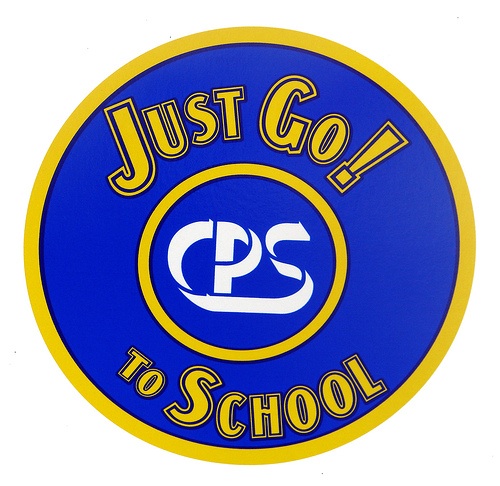The Chicago Board of Education approved the use of $25 million in federal stimulus funding during its June board meeting to implement mentoring, safety and support initiatives for at-risk high school students and communities.
The new program, spearheaded by Mayor Richard M. Daley and Chicago Public Schools, will provide mentoring programs for 1,500 high school students and 390 “school community watchers” at 13 designated high schools, and support the creation of a “Culture of Calm” in 38 high schools where students are most at risk of violence, according to a press release from the mayor’s office.
“This is an effective use of the $25 million in stimulus money,” said David Simpson, director of counseling at Youth Guidance, one of the approved vendors to implement the mentoring program.“Funding a program which can help build relationships with difficult children is the only way of stopping them from dropping out of school.”
Simpson said this initiative is the first step taken by Youth Guidance and CPS towards implementing mentorship programs. His organization, which has been working with CPS since 1969, is a non-profit group geared towards assisting children overcome challenges associated with inner-city life through after-school programs.
In February 2010, CPS hosted a bidder’s conference where RFPs (request for proposal) for counseling programs were accepted from non-profit, church and private organizations and foundations. The CBOE and a Blue Ribbon Panel Committee chose 20 of those bidders to fulfill mentorship duties in 13 high schools designated as “high-risk” by the Chicago Police Department. CPS will now assign 50 to 100 students to each organization for counseling and guidance, bringing the mentor/student ratio to 1:20 for bigger organizations and 1:5 for small ones.
Wendell Floyd, a counselor for boys at William R. Harper High School in Englewood, said more mentors in the program will translate to a more hands-on approach to counseling and, in the long run, help build deeper personal relationships between mentors and mentees. Before the program was implemented, Floyd’s mentor/student ratio was 1:45.
“I was stretched pretty thin,” said Floyd.
“I’m happy to partner with CPS to bring consistency to students’ lives,” said Trisha Kholodenko, assistant pastor at New Life Foundation in Humboldt Park. “These children (at-risk youth) lack stability in their home and school and need role models besides their teachers. It is important for them to have mentors who treat them holistically by helping them find permanent housing, inspiring them to stay in school and assisting them with employment. They need to know their mentors want them to succeed.”
“CPS wants its mentors to be a permanent fixture in students’ lives. This has to be a long-term commitment in order for it to work,” said Joshua Gray, deputy of violence prevention initiatives for CPS. “Since the federal stimulus money will run out at the end of September 2011, we are looking for other mechanisms, like the foundation community of Chicago, to tap for funds to support the growth and development of this mentorship initiative.”
The 13 high schools designated as “high-risk” based on crime data, active gang conflicts and violent incidents involving CPS students are: Thomas Kelly High School, Chicago Vocational Career Academy, Manley and Marshall High School, Robeson Achievement Academy High School, Richard T. Crane Technical Preparatory High School, Harlan Community Academy High School, Farragut Career Academy, South Shore High School, Percy L. Julian High School, William R. Harper High School, Roberto Clemente School and Hyde Park Career Academy. These schools are concentrated in the South, West and Southwest Side communities of Chicago.
Student-led mentorship programs are also on the rise. Voices of Youth in Chicago Education is a collaborative of seven different neighborhood organizations whose work focuses on using upperclassmen to mentor freshmen and incoming freshmen in at-risk high school communities.
“Freshman year is the most crucial time in high school. Achievement and attendance improved after freshmen went on freshmen retreats and attended mentorship programs that addressed their social and emotional needs,” said Moneer Damra, a VOYCE mentor for boys and a senior at Theodore Roosevelt High School in the Northwest Side of Chicago. “Because of VOYCE programs, attendance went from 55 percent to 65 percent in a year.”
Damra, who spoke on behalf of VOYCE at the CBOE meeting last week, has been working to convince CPS to fund its mentorship programs. VOYCE has invited top CPS officials to attend presentations of results-driven programs it has implemented in several at-risk high schools. Damra said they have been stood up or turned down by CPS officials on several occasions.
“I feel like CPS does not believe in youth-led movements like ours. They would rather spend money on programs that don’t work,” said Damra. “Our program results show that it works. The $130,000 in funding we are requesting will go towards programs that will break the culture of mediocrity among the youth of today. It will show them that good enough is not ok. You need to do better in order to succeed.”













Be First to Comment